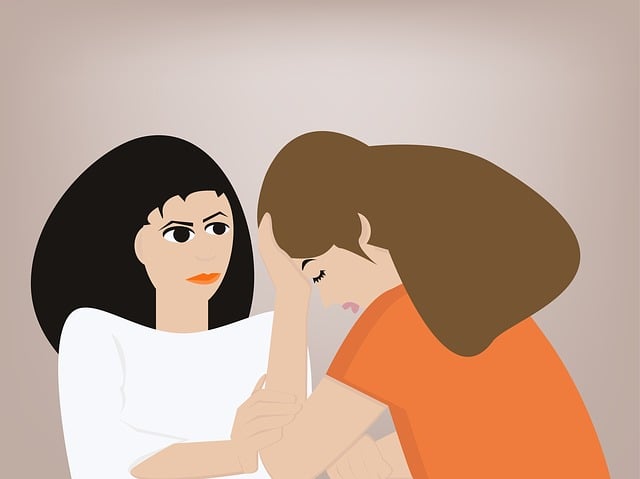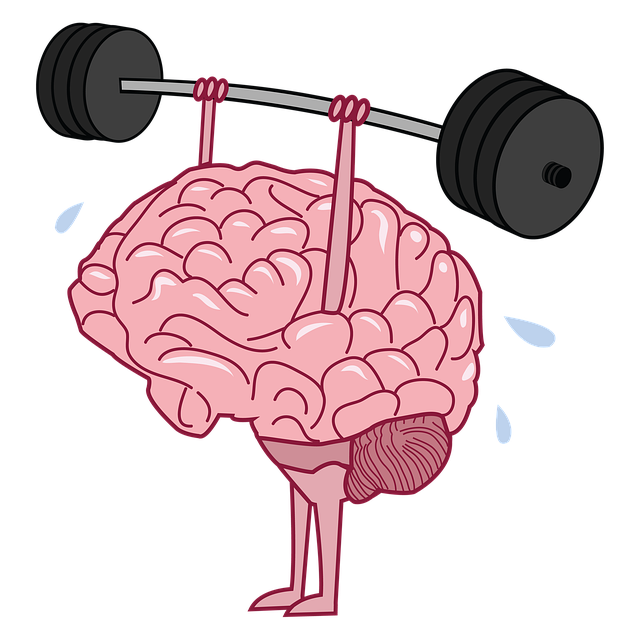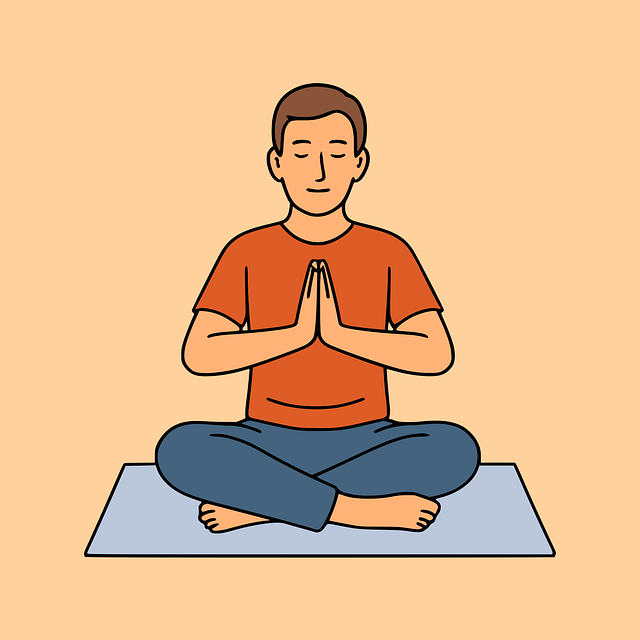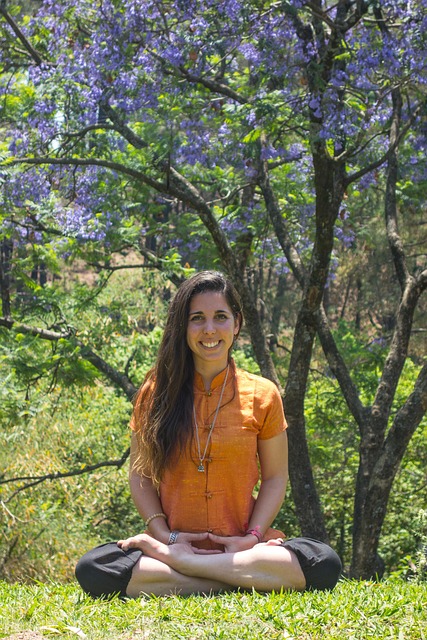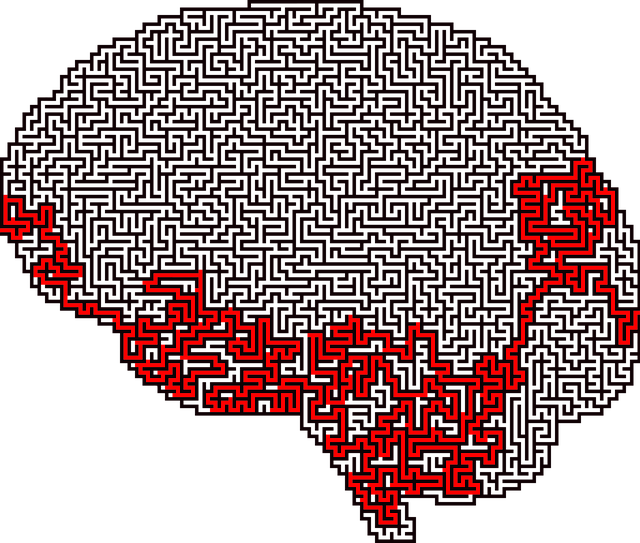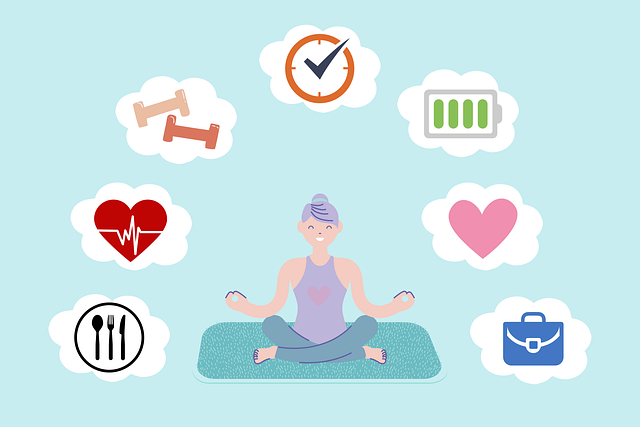Mindfulness meditation is an effective therapy for young children with developmental disabilities, teaching them to manage emotions, thoughts, and sensations in the present moment. Simple exercises like mindful breathing and body scans, integrated into daily routines, enhance mental wellness, foster calmness, and improve focus. Regular practice supports overall development, improves coping abilities, reduces anxiety and sensory processing issues, cultivates empathy, and promotes positive behaviors in various settings. Starting with short sessions and gradually introducing guided meditations from apps, parents can help children develop self-awareness, emotional regulation, and overall well-being through this tailored therapeutic approach.
Mindfulness meditation is emerging as a powerful tool for fostering emotional well-being and cognitive development, especially among young children. This practice, rooted in ancient mindfulness traditions, teaches present-moment awareness and emotional regulation. In this article, we explore the benefits of mindfulness meditation for young children with developmental disabilities, providing practical guidance for parents and therapists. Understanding how mindfulness can enhance focus, reduce anxiety, and promote self-awareness makes it a valuable therapy for young minds navigating these challenges.
- Understanding Mindfulness Meditation for Young Children
- Benefits of Mindfulness Meditation in Developmental Disabilities
- Practical Guidance for Implementing Mindfulness Meditation Practice
Understanding Mindfulness Meditation for Young Children

Mindfulness meditation is a powerful tool that can significantly benefit young children, especially those with developmental disabilities or special needs. This ancient practice involves training the mind to focus on the present moment, cultivating awareness and acceptance without judgment. For kids, it’s about learning to recognize and manage their emotions, thoughts, and sensations in real-time.
By incorporating mindfulness into daily routines, parents and caregivers can help young children develop essential skills for stress management and emotional regulation. Simple self-awareness exercises, such as mindful breathing or body scans, can be easily integrated into playtimes or bedtime rituals. These practices not only enhance mental wellness but also foster a sense of calm and focus, which is crucial for learning and social interactions. With consistent practice, mindfulness meditation has the potential to support children’s overall development, improve their ability to cope with challenges, and contribute to a healthier and happier future.
Benefits of Mindfulness Meditation in Developmental Disabilities

Mindfulness meditation has emerged as a powerful tool for young children with developmental disabilities, offering numerous benefits that extend beyond mental focus and calmness. Regular practice can significantly enhance their emotional intelligence and self-awareness, enabling them to better understand and manage their feelings. This early exposure to mindfulness practices can serve as a form of therapy, fostering resilience against the challenges often associated with these disabilities, such as anxiety and sensory processing issues.
Incorporating compassion cultivation practices into mindfulness meditation can further support these children by reducing mental illness stigma and encouraging empathy. By learning to observe their thoughts and emotions without judgment, they can develop healthier coping mechanisms and improve social interactions. Additionally, conflict resolution techniques naturally arise from mindful engagement, promoting positive behaviors and better relationships within the family and community.
Practical Guidance for Implementing Mindfulness Meditation Practice

Implementing mindfulness meditation practice can be a transformative journey for young children with developmental disabilities and their families. Starting small is key; even just a few minutes each day can make a difference. Set aside dedicated time, perhaps during bedtime routines or quiet play moments, to create a consistent practice. Begin with simple breathing exercises, focusing on the sensation of air flowing in and out. This anchors the child in the present moment, fostering a sense of calm.
Gradually introduce guided meditations tailored for children, incorporating themes like nature walks or imaginative adventures. These can be found in various apps designed to support both mental illness stigma reduction efforts and cultivating positive thinking. Be patient and flexible; some days will be easier than others. Consistency is more important than perfect sessions. Over time, mindfulness meditation can become an integral part of the child’s routine, promoting self-awareness, emotional regulation, and overall well-being.
Mindfulness meditation, as a therapeutic tool, offers significant benefits for both young children and those with developmental disabilities. By incorporating practical guidance into daily routines, parents, caregivers, and educators can foster improved emotional regulation, enhanced focus, and increased self-awareness. This simple yet powerful practice has the potential to revolutionize therapy for young children facing developmental challenges, creating a calmer, more mindful future for them.


